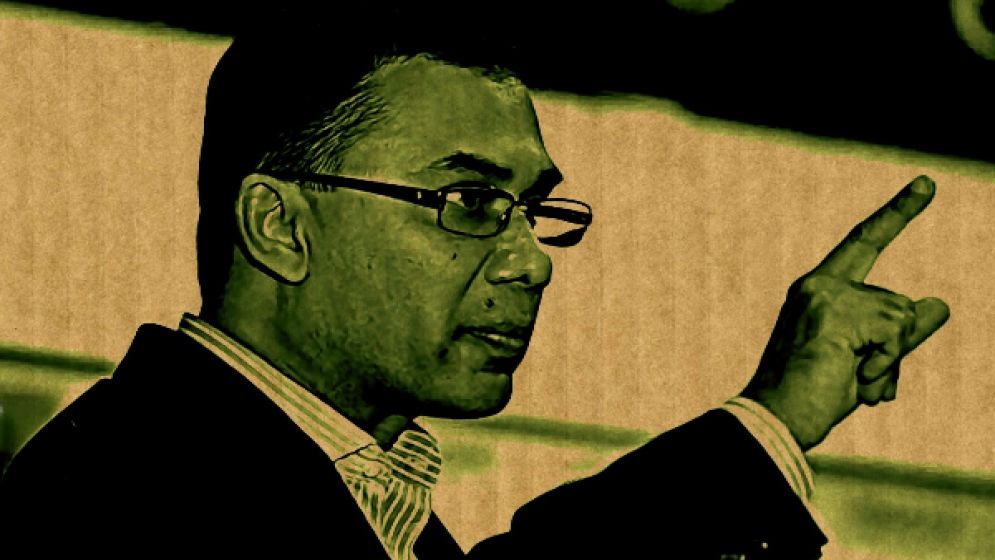Tarique Rahman demands sweeping reforms, accuses Hasina government of large-scale corruption

Tarique Rahman, acting chairman of the Bangladesh Nationalist Party (BNP), has launched a fierce critique of the administration led by former Prime Minister Sheikh Hasina, accusing it of widespread corruption that has severely impacted the nation's economy.
Rahman’s statements were fueled by a recent report from the White Paper Preparation Committee on Bangladesh’s economic condition, which he says exposes “an unprecedented kleptocracy” under Hasina’s leadership.
According to the report, an estimated $240 billion has been illicitly drained from the country over the past 15 years.
Among the most damning allegations are claims that $8 billion was misappropriated from 29 major development projects through inflated budgets.
Rahman also criticized the controversial "quick rental" energy initiatives, arguing that they were designed to profit certain parties rather than address the country’s infrastructure needs.
“These revelations paint a dire picture of our nation’s financial health and highlight the urgent need for comprehensive reform,” Rahman stated.
He also warned that further investigations into the banking sector could uncover even more significant abuses, stressing the need for immediate action to correct what he called a “systemic failure in governance.”
Proposed Reforms
In response to the allegations, the BNP has unveiled a 31-point reform plan aimed at tackling corruption and rebuilding public trust in governmental institutions. Rahman emphasized two key proposals:
Anti-Corruption Commission: Central to the BNP’s agenda, this body would be empowered to investigate and prosecute corruption at all levels of government.
Economic Reform Commission: This initiative aims to improve transparency in financial governance, ensure the efficient allocation of resources, and foster a culture of accountability in public administration.
“These reforms are not only necessary but critical,” Rahman declared. “Without urgent action, the economic future of Bangladesh remains at serious risk.”
Call for Accountability
Rahman also demanded that the government take steps to recover the allegedly stolen funds and prosecute those responsible for financial misconduct. “Justice must be swift and uncompromising,” he said, stressing that such measures are vital for restoring public trust in governance and preventing future corruption.
The BNP’s reform agenda positions the party as a strong advocate for transparency and accountability, aiming to present itself as a viable alternative to the current administration.
Government Silent on Allegations
So far, the Hasina administration has not responded to the corruption allegations or the BNP’s proposed reforms. Political analysts suggest that if the report’s claims are verified, they could further intensify political tensions as the country approaches its next elections, with governance and corruption likely to be key campaign issues.
Independent observers have noted that corruption has long been a contentious issue in Bangladesh’s political landscape. However, the scale of the allegations in the White Paper report has raised serious concerns about the nation’s economic trajectory.
In closing, Rahman called on the people of Bangladesh to support the BNP’s vision for a “transparent, accountable, and equitable” nation, urging that “the time for change is now” and warning that the country cannot afford further mismanagement.
As the debate continues, all eyes are on the government’s response to these explosive allegations and the potential impact on the political and economic future of Bangladesh.
—-

